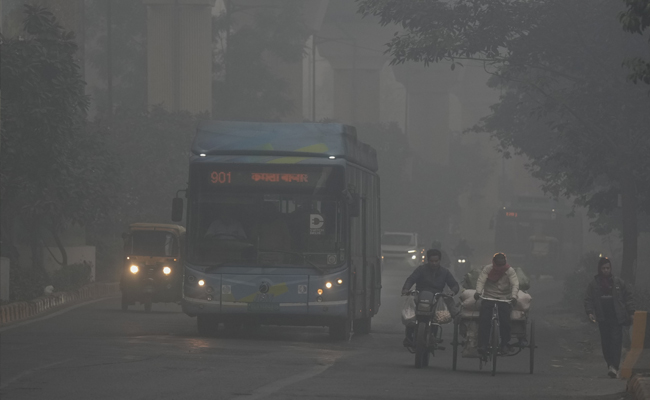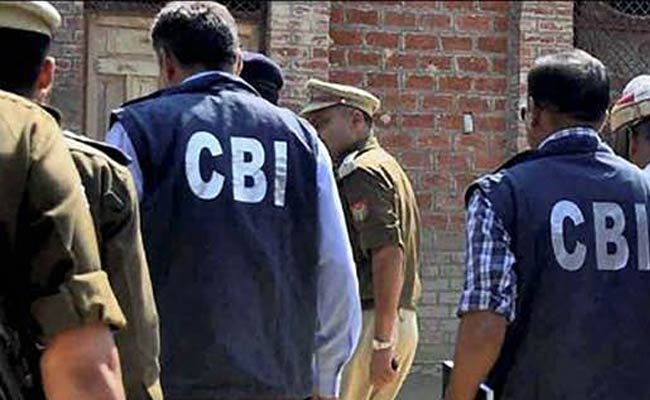Bengaluru, August 21: The state government is said to be decided to bring in a law making it mandatory for the elected representatives and government employees to admit their children to the government schools. A decision to this effect would be taken shortly, it is said.
The state government has been thinking about the pros and cons of bringing such a law in the state. It has been reviewing the court judgements of other states. Amidst this, the primary and secondary education department officials have said to be met the Law department officials on Monday and discussed it. It is also said that Law and Parliamentary Affairs Minister Krishna Byre Gowda has also conducted one round of meeting in which, the officers have given some suggestions. But before taking any decision, the government has verifying the feasibility of bringing such a law by checking all existing laws and judgements, it is said.
The department has considered the Private Bill moved by Congress MLC G Raghu Achar in the 2017 Assembly Session seriously. The Bill had got positive responses in that Session. Then primary and secondary education minister Tanveer Sait had responded positively.
Let the Truth be known. If you read VB and like VB, please be a VB Supporter and Help us deliver the Truth to one and all.
Khunti (PTI): Six persons have been arrested for allegedly abducting a West Bengal-based businessman and his associate in Jharkhand's Khunti district and demanding a ransom of Rs 10 lakh, police said on Sunday.
The incident occurred on Friday in Tilmi area under the jurisdiction of Jariyagarh police station. Upon receiving information, police rescued both victims, they said.
Torpa Sub-divisional Police Officer Christopher Kerketta said, "We have rescued both the victims and arrested six people for their alleged involvement in the crime."
The businessman, identified as Haru Mukherjee (65), had come to the house of his associate, Vijay Oraon (40), to recruit labourers for work at a brick kiln.
The accused hail from different parts of Khunti, and police also seized a four-wheeler, three motorcycles, and five mobile phones from their possession, the officer said, adding an FIR has also been registered and further investigation is underway.





